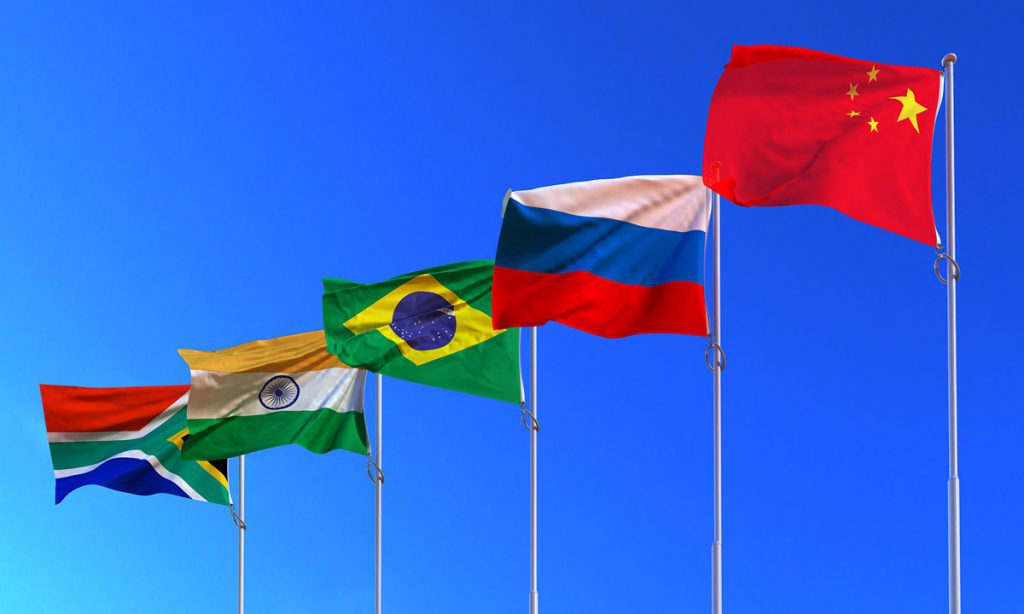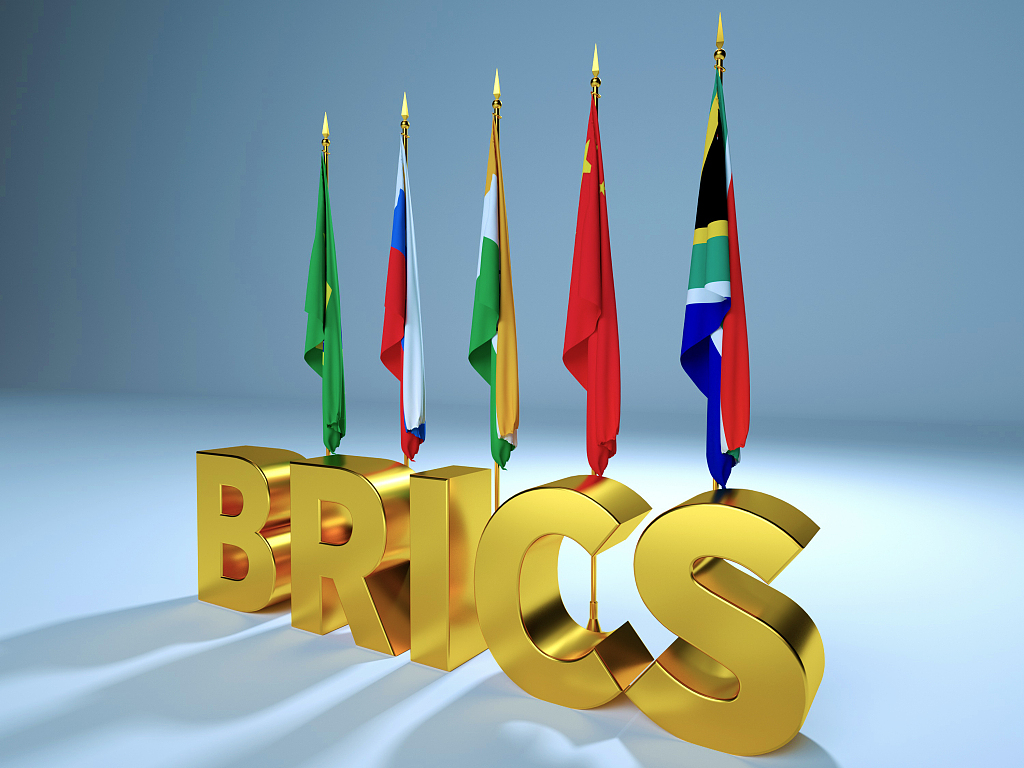The Future of Global Partnerships: Unveiling the Nations Vying to Join the BRICS
In an era of rapidly shifting geopolitical landscapes, the question on everyone’s mind is: What countries are trying to join BRICS?
BRICS (an acronym for Brazil, Russia, India, China, and South Africa) is an association of five major emerging national economies.
These nations have been dominating the headlines in the world of global partnerships, and several countries have expressed their keen interest in joining this influential group.
In this article, we will explore the nations that are vying for a seat at the BRICS table and discuss the potential impact of their inclusion on the association’s international influence.
So, without further ado, let’s dive in and discover the future of global partnerships.


Countries Expressing Interest in Joining BRICS
Saudi Arabia
First on the list of countries expressing interest in joining BRICS is Saudi Arabia.
Saudi Arabia has been among the most vocal nations expressing interest in joining the BRICS alliance.
Saudi Arabia is one of the world’s largest oil producers and a key player in the Middle East.
Because of this, the kingdom sees its inclusion in the group as a way to strengthen its international standing and further diversify its economy.
The Saudi Crown Prince has held talks with various BRICS leaders, and it seems the process of incorporating this Middle Eastern powerhouse into the fold is well underway.
Algeria
Second, on the list is Algeria. Algeria is a North African nation with a wealth of natural resources and a strategic location.
Algeria has been actively seeking to diversify its economy, which is heavily dependent on hydrocarbon exports.
Inclusion in the BRICS group would give the country a platform to engage with other emerging economies and expand its international trade relations.
Argentina
Third, we have Argentina. Argentina is the second-largest economy in South America.
This country offers rich agricultural resources and a growing technology sector. Argentina aims to boost its economic growth and increase its exposure to international markets.
The Argentine government has been in touch with the Russian foreign minister, among other BRICS leaders, to discuss the possibility of its inclusion in the group.
United Arab Emirates
Fourth, we have the United Arab Emirates (UAE). As many know, the UAE is a global financial and trade hub.
The UAE sees the potential for increased economic cooperation and investment opportunities with the BRICS countries, which could help diversify and strengthen its economy.
The UAE has held high-level talks with BRICS member countries, and its inclusion in the group would undoubtedly bring a wealth of experience and resources to the table.


Iran
Next, we have Iran. Iran is an economic powerhouse in the Middle East.
Despite being under economic sanctions, Iran has managed to maintain a relatively strong economy and is keen to forge new international partnerships.
The Iranian government has held talks with BRICS leaders, and its inclusion in the group could help strengthen the association’s geopolitical influence in the region.
Kazakhstan
In addition to the above, we now have Kazakhstan. This country is a Central Asian nation rich in natural resources.
With its growing economy and strategic location between Europe and Asia, Kazakhstan sees its inclusion in the BRICS association as an opportunity to enhance its international standing and attract more foreign investment.
The Kazakh government has already held talks with the BRICS member countries, signaling its commitment to joining the group.
Kyrgyzstan
Lastly, we have Kyrgyzstan. This is another Central Asian nation with a growing economy.
Kyrgyzstan’s inclusion in BRICS can boost its international trade relations and strengthen the association’s influence in Central Asia.
The Impact of New Members on BRICS’ International Influence
Adding new members to BRICS would boost its global influence and cement its status as a key player.
These new members bring unique strengths and resources to the table. All of which could help the BRICS nations collectively tackle the challenges faced by emerging economies.
For instance, including Saudi Arabia and Iran would significantly expand the group’s influence in the Middle East.
Including Argentina and the UAE in the group would create opportunities for investment and economic cooperation in South America and the Middle East.
Furthermore, incorporating Kazakhstan and Kyrgyzstan would help strengthen the group’s presence in Central Asia. This region is becoming increasingly important in terms of global trade and geopolitics.
An expanded BRICS can effectively tackle emerging economic challenges like infrastructure, finance, and the environment.
Diverse members allow the pooling of resources for innovative solutions to pressing issues emerging economies face in the BRICS.
A stronger BRICS could influence global economic policies and benefit emerging economies through participation in international organizations.


Conclusion
In conclusion, the future of global partnerships is unfolding before our eyes. The potential expansion of the BRICS association could have a huge impact.
Including new member countries would undoubtedly strengthen the BRICS group’s standing. It would further solidify its position as a major player in global politics and economics.
As the world keeps a keen eye on the nations vying to join BRICS, it is clear that the future of global partnerships will be shaped by the collective efforts of these emerging economies.
So, as these nations continue to develop and assert their influence, the world can look forward to a new era of global cooperation and progress driven by the expanding BRICS association.





